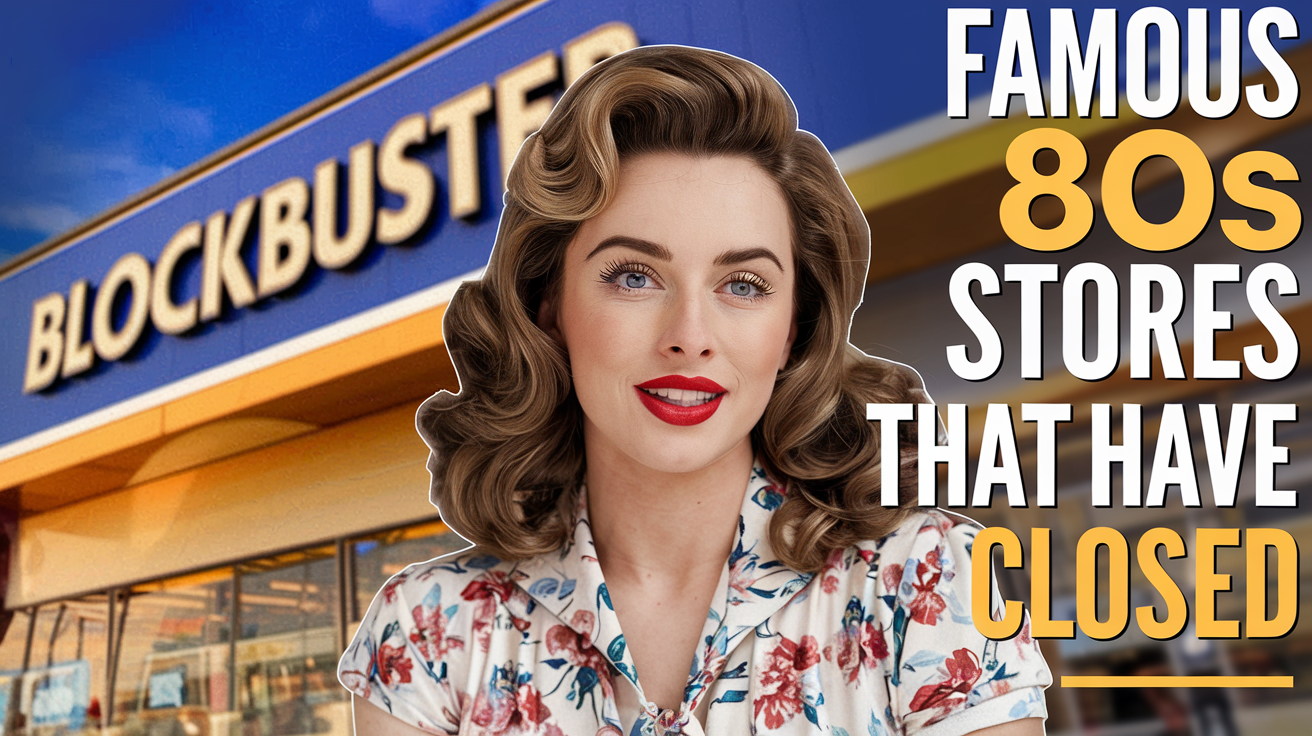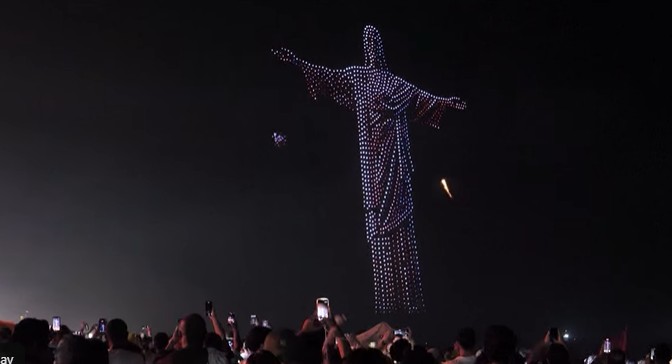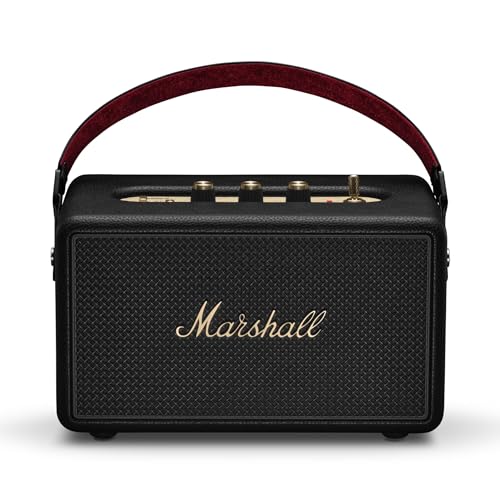In this nostalgic exploration, we look at 20 iconic stores from the 1980s that have vanished from the American retail landscape. These once-thriving businesses defined an era, offering everything from toys to electronics, and their absence leaves a void in our shopping memories.
20. Hollywood Video
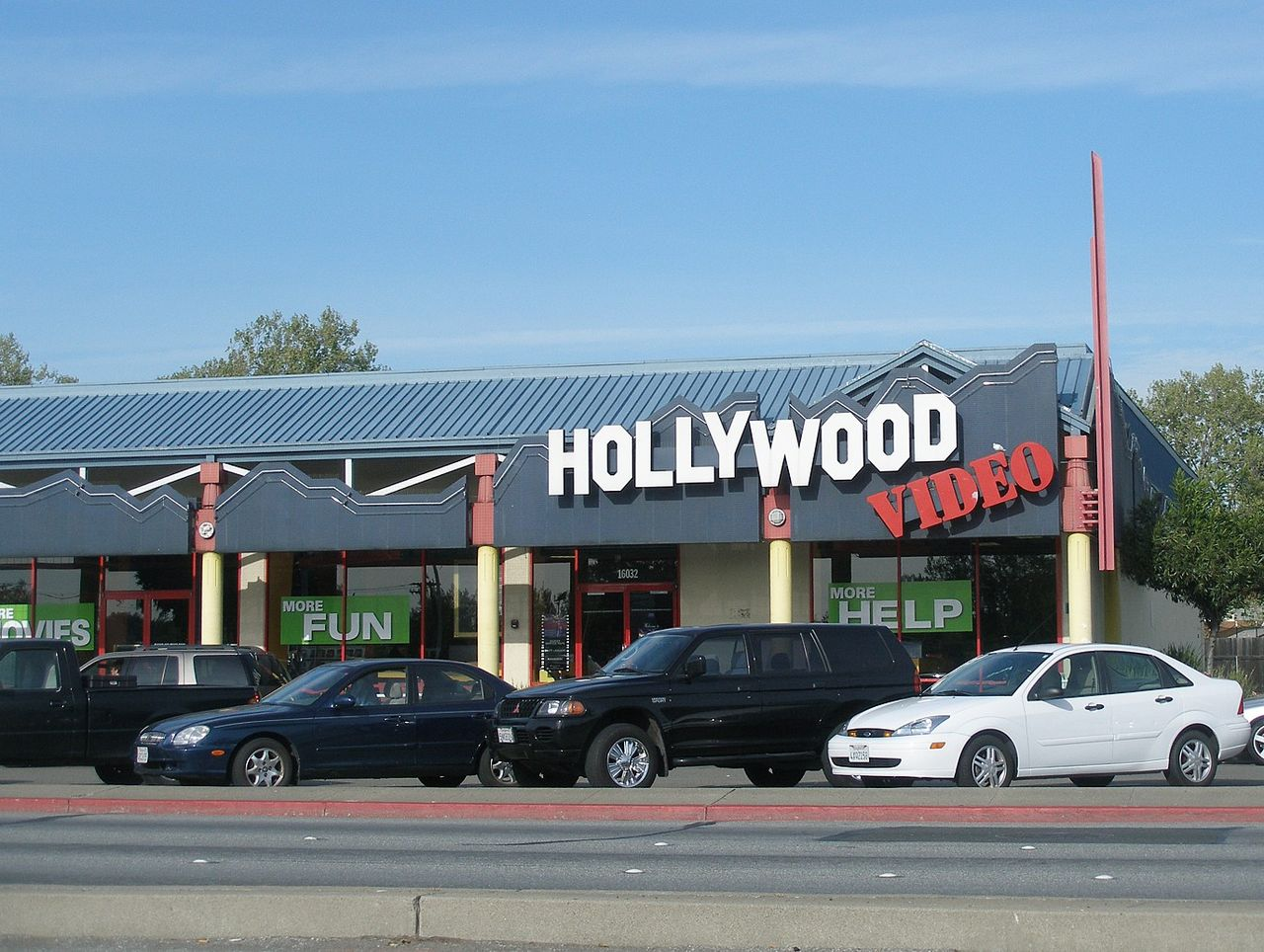
Hollywood Video emerged in 1988 as a formidable competitor to Blockbuster Video. With its spacious stores averaging 7,500 square feet, it housed around 16,000 videotapes, making it a go-to destination for families looking to rent movies for a fun night in. The experience of browsing through aisles filled with the latest releases and classic films was a cherished ritual for many.
However, streaming services like Netflix began to dominate the market. The convenience of watching movies from home without late fees led to a decline in foot traffic at Hollywood Video locations. By 2010, the company declared bankruptcy, marking the end of an era for movie rentals.
19. KB Toys
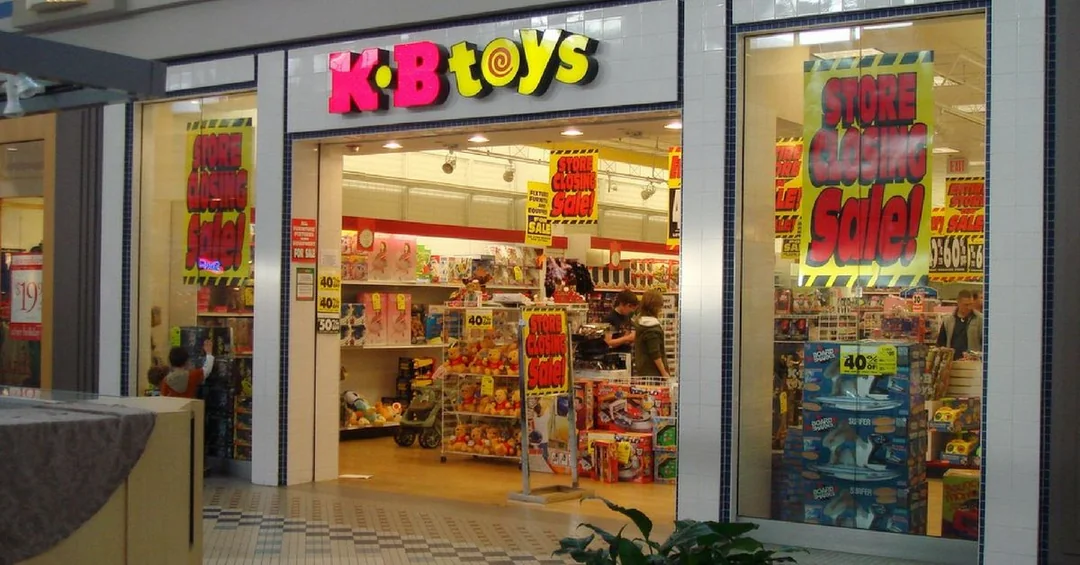
KB Toys, a name synonymous with childhood joy, began its journey in 1922. Originally a candy wholesaler, the Kaufman brothers stumbled into the toy business during World War II. By the late 1970s, KB Toys had transformed into a mall-based toy emporium, boasting over 1,300 stores nationwide at its peak.
Despite its popularity, the rise of online shopping and changing consumer habits led to KB Toys’ downfall. By 2009, the company faced bankruptcy, and the once-busy toy aisles were replaced by virtual shopping carts. The magic of KB Toys remains a nostalgic memory for many who grew up in the 80s.
18. Radio Shack
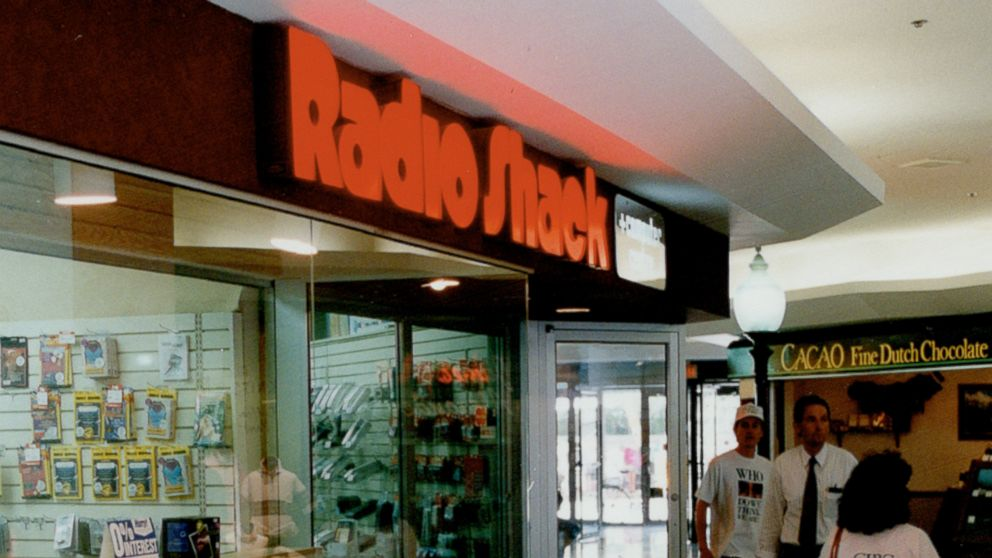
Founded in 1921, Radio Shack started as a mail-order business for amateur radio enthusiasts. Over the decades, it transformed into a retail giant, offering a wide range of electronics and gadgets. By the late 1990s, Radio Shack had over 8,000 stores worldwide, becoming a household name for tech lovers.
However, the 21st century brought challenges, including management issues and the rise of online shopping. Despite attempts to adapt, Radio Shack filed for bankruptcy in 2015. Today, it exists primarily as an e-commerce site, a shadow of its former self, yet still holding a place in the hearts of many.
17. Babbage’s
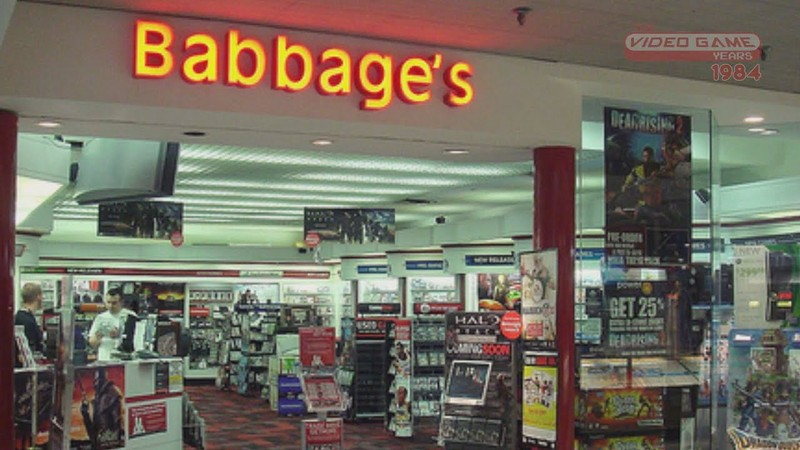
Babbage’s, founded in 1987, was a software retailer that quickly became a favorite among gamers. Initially focused on personal computer software, the company underwent a transformation in 1999, rebranding itself as GameStop and fully embracing the gaming revolution. Babbage’s stores were filled with the latest video games, consoles, and accessories, catering to the growing demand for gaming.
As gaming shifted towards digital downloads and online, Babbage’s transformation into GameStop marked a significant change in the industry. While Babbage’s faded into history, GameStop continues to thrive, albeit facing its own challenges.
16. Peaches Records and Tapes
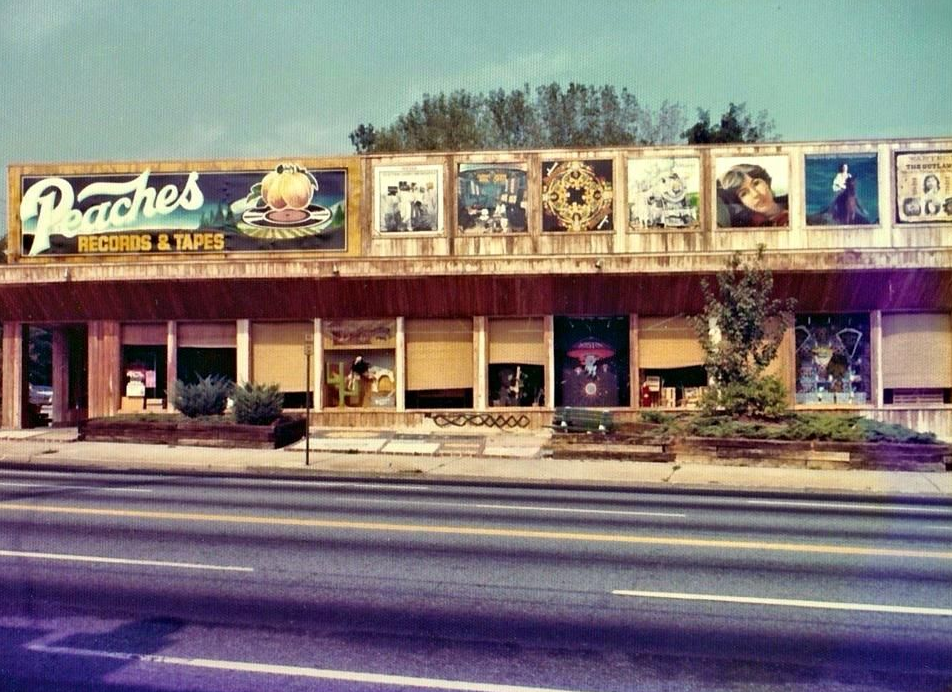
Peaches Records and Tapes was a cultural phenomenon in the 1970s and 80s, offering an extensive selection of music in various formats. Founded in 1975, Peaches became a haven for music lovers, featuring everything from vinyl records to cassette tapes. With around 50 stores across the U.S., it was a go-to destination for discovering new music and attending in-store events.
However, as digital music took over, Peaches struggled to compete. By 1981, the company filed for bankruptcy, leaving behind a legacy of musical nostalgia. What were once crowded spaces filled with the joy of music discovery and a sense of cultural connection now stand quiet, echoing only with the memories of countless people who found their soundtrack there.
15. Venture Stores
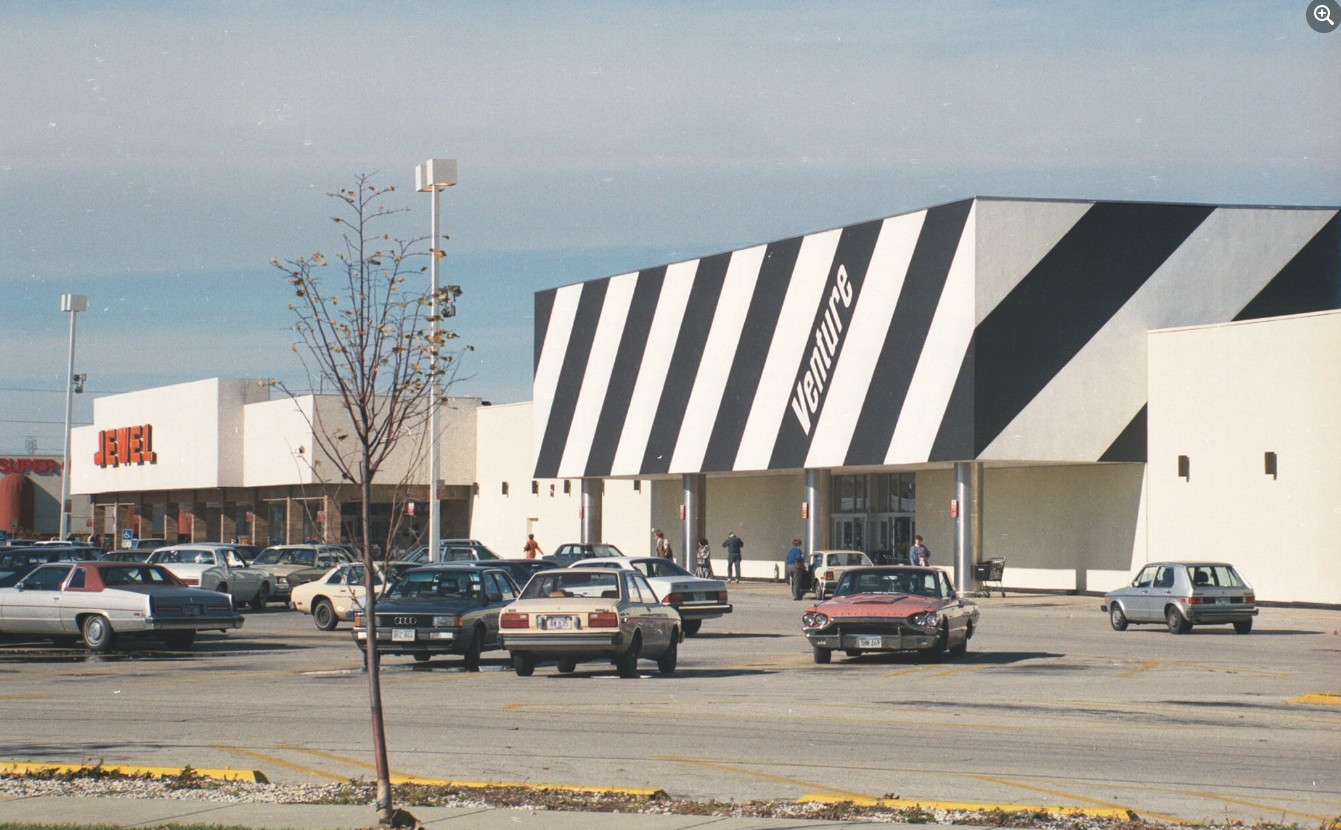
Venture Stores, a discount retail chain founded in 1968, quickly became a staple in the Midwest. With its catchy slogan, “Save with Style,” Venture offered a wide range of products at affordable prices. By the late 1980s, it operated over 70 stores, catering to budget-conscious shoppers.
Despite its initial success, Venture faced increasing competition from larger discount retailers. In 1990, the company became a private corporation, but it couldn’t withstand the changing retail environment. By 1998, Venture filed for bankruptcy, marking the end of an era for discount shopping in the Midwest.
14. Blockbuster Video
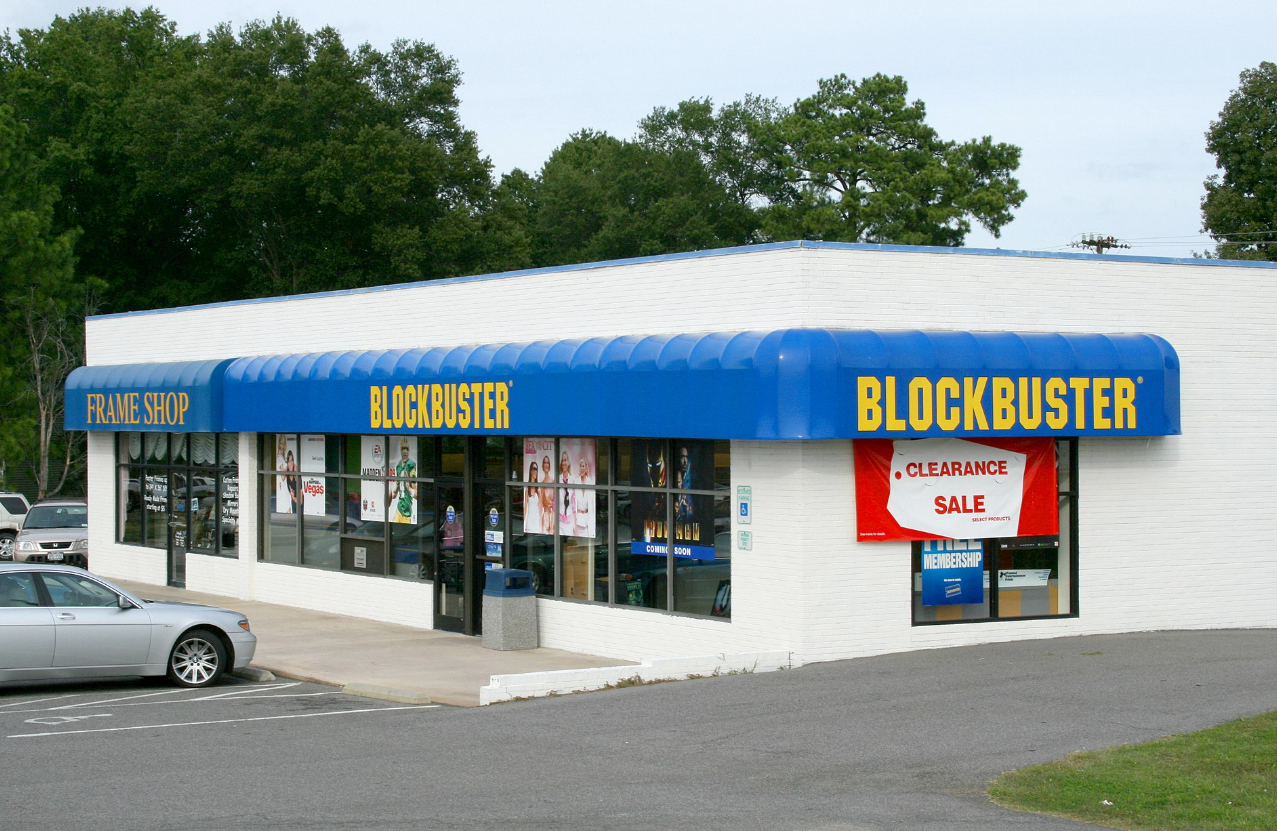
Blockbuster Video was once the king of movie rentals, with its iconic blue and yellow logo symbolizing Friday nights for many families. Founded in 1985, Blockbuster expanded rapidly, boasting over 9,000 stores at its peak. The experience of browsing aisles filled with movies and games was a cherished tradition.
However, the rise of digital streaming services led to Blockbuster’s decline. Poor leadership decisions and an inability to adapt to changing consumer habits resulted in bankruptcy in 2010. By 2014, the last company-owned Blockbuster stores closed. Millions of movie lovers who had spent countless Friday nights browsing the aisles, debating choices with friends, and rushing to return tapes before late fees kicked in found themselves saying goodbye to a familiar part of their lives. The closures signaled a shift in how we consume entertainment, but for many, memories of Blockbuster nights remain vivid and cherished.
13. Tower Records
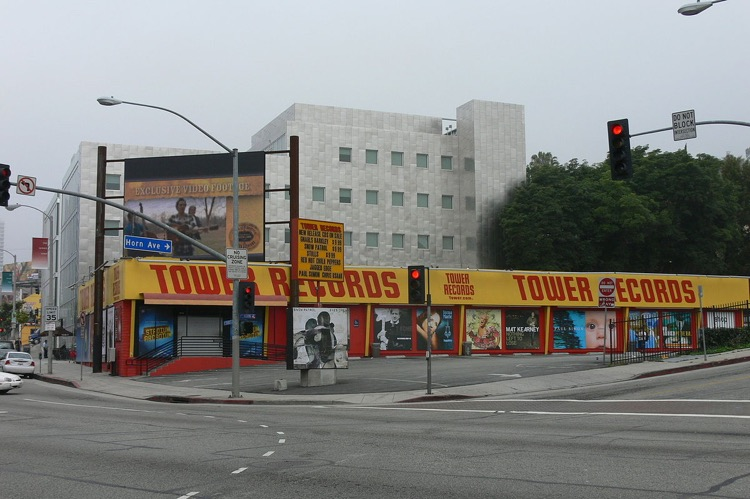
Tower Records, founded in 1960, transformed the music retail industry. With its vast selection of records, CDs, and tapes, it became a cultural hub for music lovers. Tower Records expanded internationally, with locations in Japan and the UK, becoming a household name.
However, the rise of digital music and piracy took a toll on Tower Records. In 2006, the company filed for bankruptcy, closing its retail stores. Despite its decline, Tower Records made a comeback as an online retailer, proving that the love for music endures.
12. Toys R Us
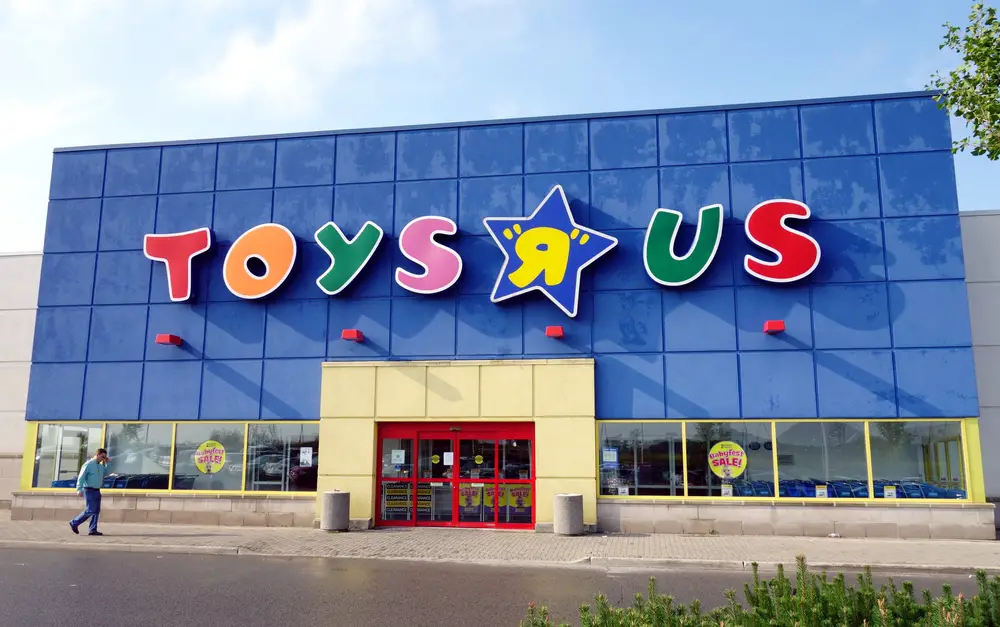
Toys R Us was a magical place for children, offering a vast selection of toys and games. Founded in 1948, it became a beloved destination for families. The experience of walking through aisles filled with colorful toys was a rite of passage for many kids.
However, the rise of online shopping and competition from mass retailers led to Toys R Us’s downfall. In 2017, the company filed for bankruptcy, and its stores closed, leaving a void in the hearts of children and parents alike. Though the stores are gone, people still reminisce about birthday wishlists, holiday shopping trips, and the simple joy of being a kid in a toy paradise.
11. Sharper Image
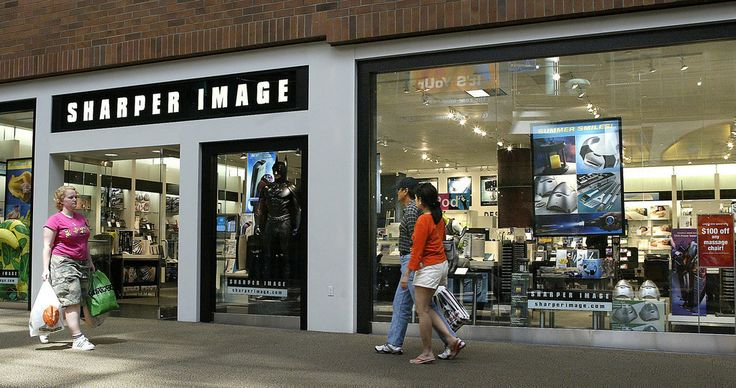
Sharper Image, founded in 1977, was known for its innovative gadgets and high-end electronics. With its sleek stores and cutting-edge products, it attracted tech enthusiasts looking for the latest trends. However, controversies surrounding its products and financial struggles led to its decline.
In 2008, Sharper Image filed for bankruptcy, marking the end of an era for high-end retail. While the brand still exists online, it no longer holds the same allure it once did. But, for many, it evokes memories of trend-setting stores that were social hubs as much as retail spaces.
10. Circuit City
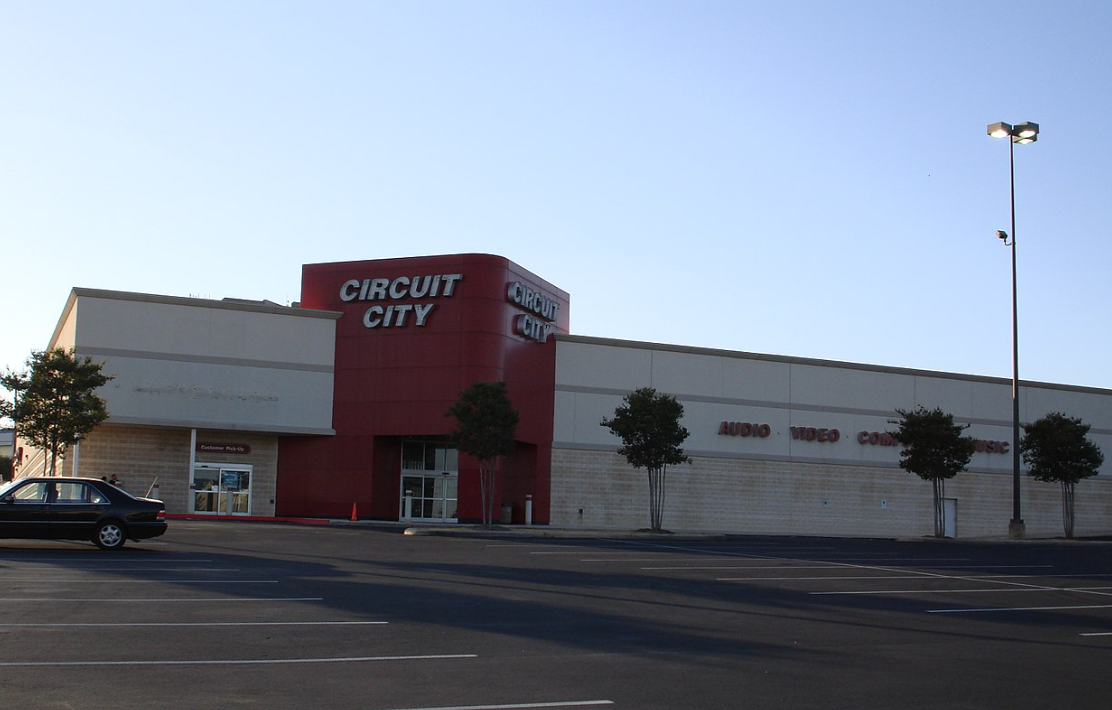
Circuit City was a tech haven for consumers, offering a wide range of electronics and appliances. Founded in 1949, it became a go-to destination for tech enthusiasts during the 1980s. The Circuit City experience was characterized by knowledgeable staff and a vast selection of products.
However, the rise of online shopping and financial challenges led to Circuit City’s decline. In 2009, the company filed for bankruptcy, closing its stores and leaving a void in the electronics retail sector. Circuit City’s red and white signage may be gone from our strip malls, but for many, it remains a symbol of a time when technology still felt magical, and a trip to the electronics store was an adventure in itself.
9. Comp USA
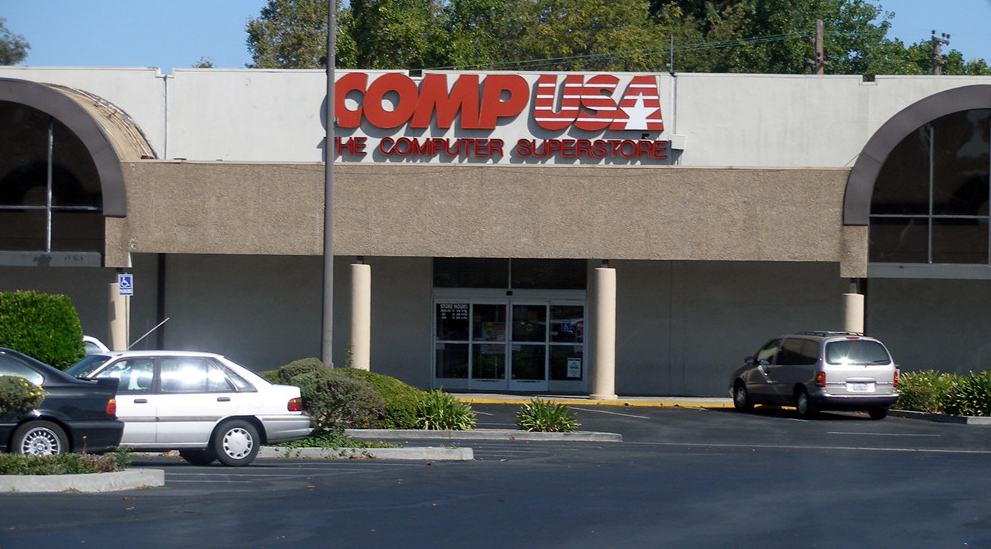
Comp USA, originally known as Soft Warehouse, emerged in 1984 as a computer retailer. It quickly expanded, becoming a nationwide chain offering personal computers and technology products. At its peak, Comp USA had over 200 locations, catering to tech enthusiasts.
However, intense competition and changing consumer habits led to Comp USA’s decline. By 2008, the company closed most of its stores, marking the end of an era for computer retailing and reminding us how quickly the tech world changes.
8. Borders Books
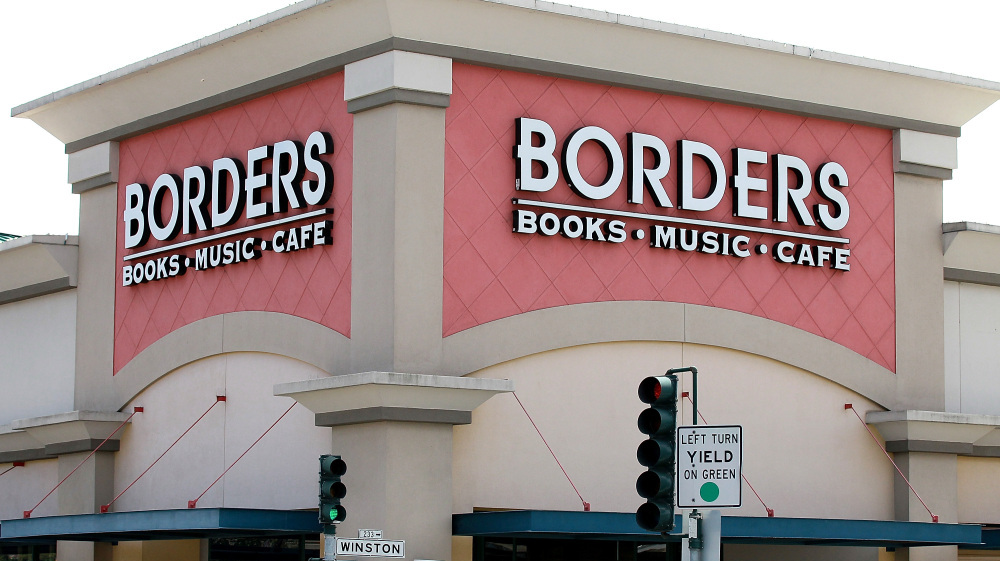
Borders Books was a beloved bookstore chain that offered a vast selection of books, music, and gifts. Founded in 1971, it became a cultural hub for readers and book lovers. With its cozy atmosphere and knowledgeable staff, Borders was a favorite destination for many.
However, the rise of digital books and online retailers led to Borders’ decline. In 2011, the company filed for bankruptcy and closed its stores. Borders may be gone, but for those who remember, it lives on as a symbol of a time when bookstores were more than just retail spaces – they were cultural hubs, gateways to other worlds, and cherished parts of our lives.
7. Waldenbooks
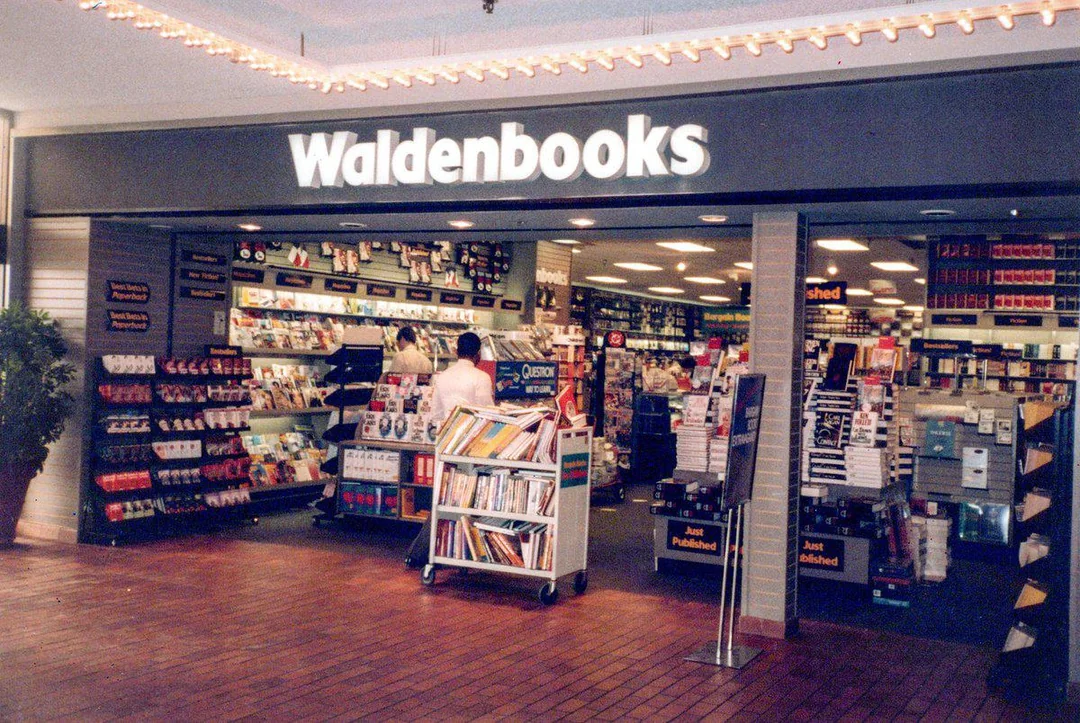
Waldenbooks, founded during the Great Depression, provided affordable reading options for those in need. It grew rapidly, becoming a staple in many shopping malls. However, the rise of digital books and competition from larger retailers led to its decline.
In 2011, Waldenbooks faced bankruptcy and liquidation, marking the end of an era for affordable reading and hitting many book lovers right in the heart. It wasn’t just another store shutting down – it felt like losing a childhood friend.
6. Sam Goody
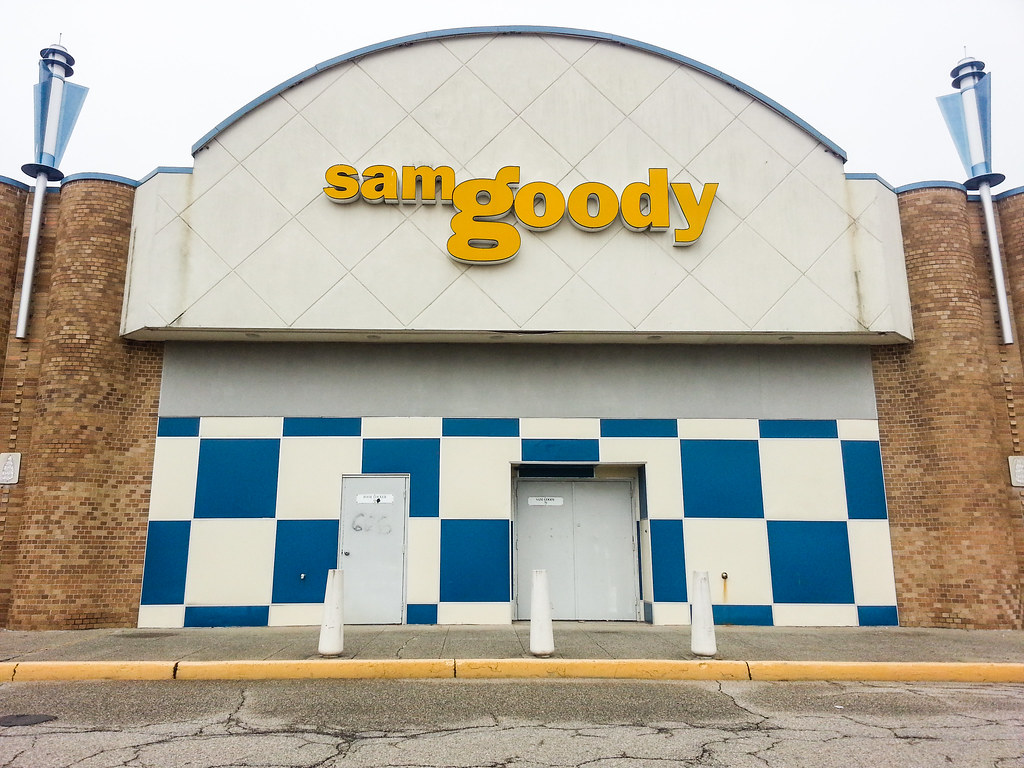
Sam Goody was a music retail giant that began in the late 1940s. It became a favorite among music lovers, offering vinyl records, cassettes, and CDs. At its peak, Sam Goody operated over 1,300 stores, catering to the needs of music enthusiasts.
However, the digital revolution disrupted music retail as we knew it, leading to Sam Goody’s decline. In 2006, the company filed for bankruptcy, closing most of its stores. While the physical locations are gone, the memories remain for those who spent countless hours flipping through plastic cases, searching for that one album they had been dying to hear.
5. Caldor
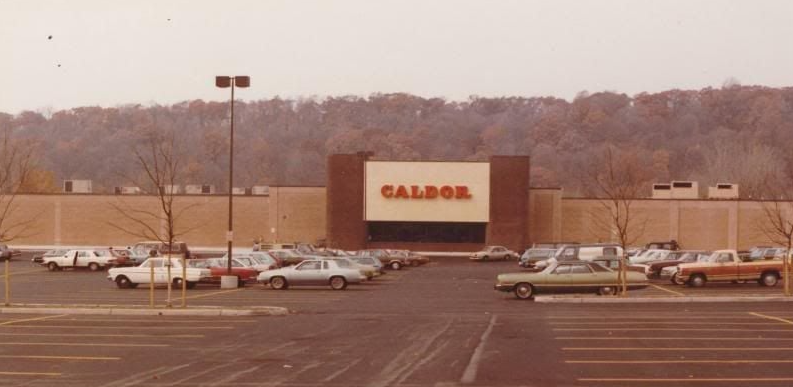
Caldor was a discount store that thrived in the 1980s, offering a wide range of products at affordable prices. Founded in 1951, it became a popular destination for shoppers looking for quality goods at discounted rates. However, the rise of big-box retailers and changing consumer habits led to its decline. In 1999, Caldor filed for bankruptcy, marking the end of an era for discount shopping.
4. Abraham & Strauss
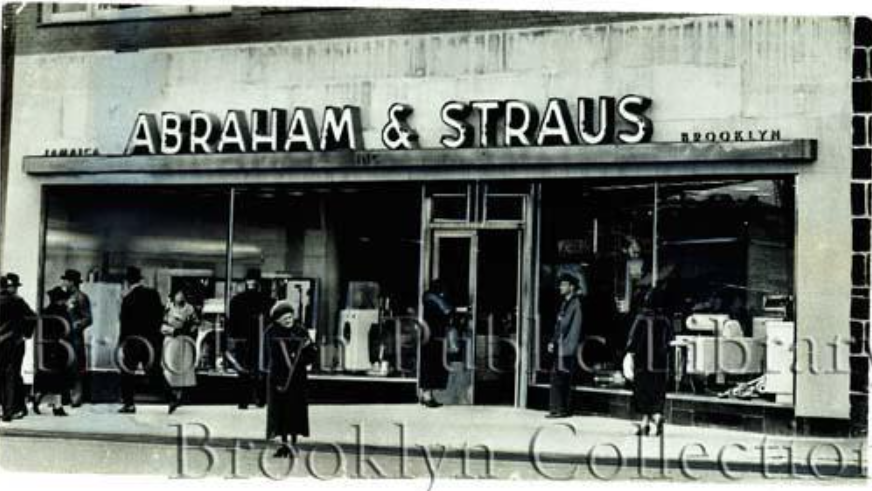
Abraham & Strauss, a prominent New York City department store, offered a wide range of products from clothing to home goods. Founded in 1865, it became a staple in retail. However, the rise of larger department stores led to its decline. In 1995, the brand was absorbed by Macy’s, marking the end of an era for Abraham & Strauss.
3. Lionel Kiddie City
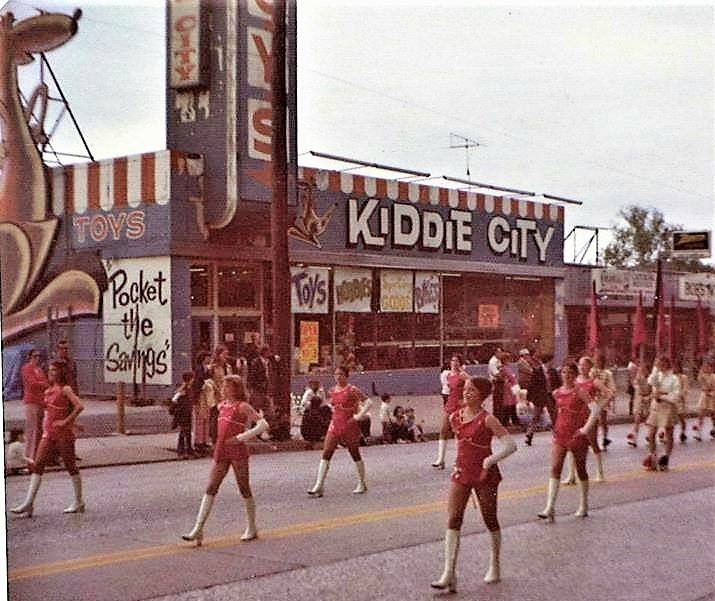
Lionel Kiddie City was a beloved toy store chain that offered a vast selection of toys for children. Founded in the 1950s, it became a favorite destination for families. However, economic challenges and changing consumer habits led to its decline.
In 1993, Lionel announced the closure of all its stores, marking the end of an era for toy retailing. Lionel Kiddie City might be long gone, but for those of us lucky enough to have experienced it, the memories are still vivid.
2. FW Woolworth
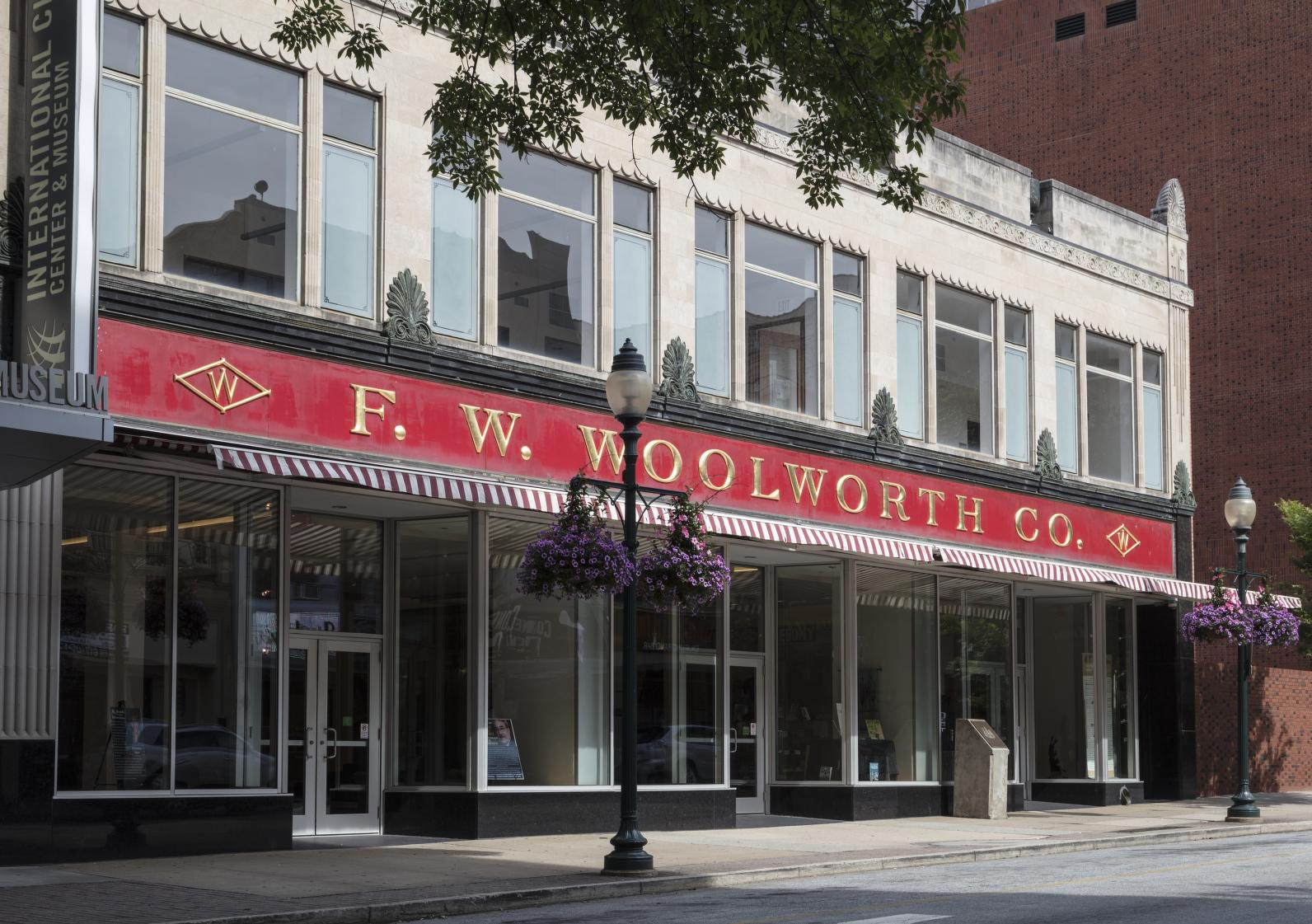
The FW Woolworth Company, known for its five-and-dime stores, was a retail giant that left a lasting impact on American history. Founded in 1879, it offered a wide range of affordable goods. However, competition from discount stores and changing consumer habits led to its decline.
By the late 1980s, Woolworths faced significant challenges and eventually closed its doors. Woolworths wasn’t just a store – it was a backdrop to our childhoods, a place that made everyday life a little more colorful, a little more affordable, and a whole lot more fun.
1. Egghead Software
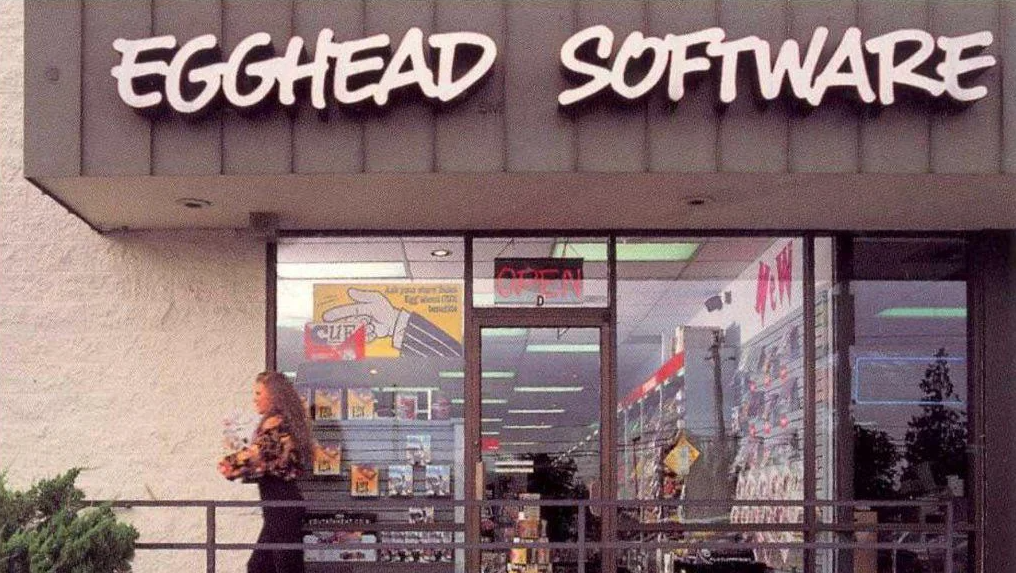
Egghead Software was a computer software retailer that emerged in the 1980s. It quickly expanded, becoming a favorite among tech enthusiasts. However, financial struggles and changing consumer habits led to its decline.
In 2001, Egghead filed for bankruptcy, marking the end of an era for software retailing. The legacy of Egghead remains a reminder of the rapid changes in the tech landscape.


